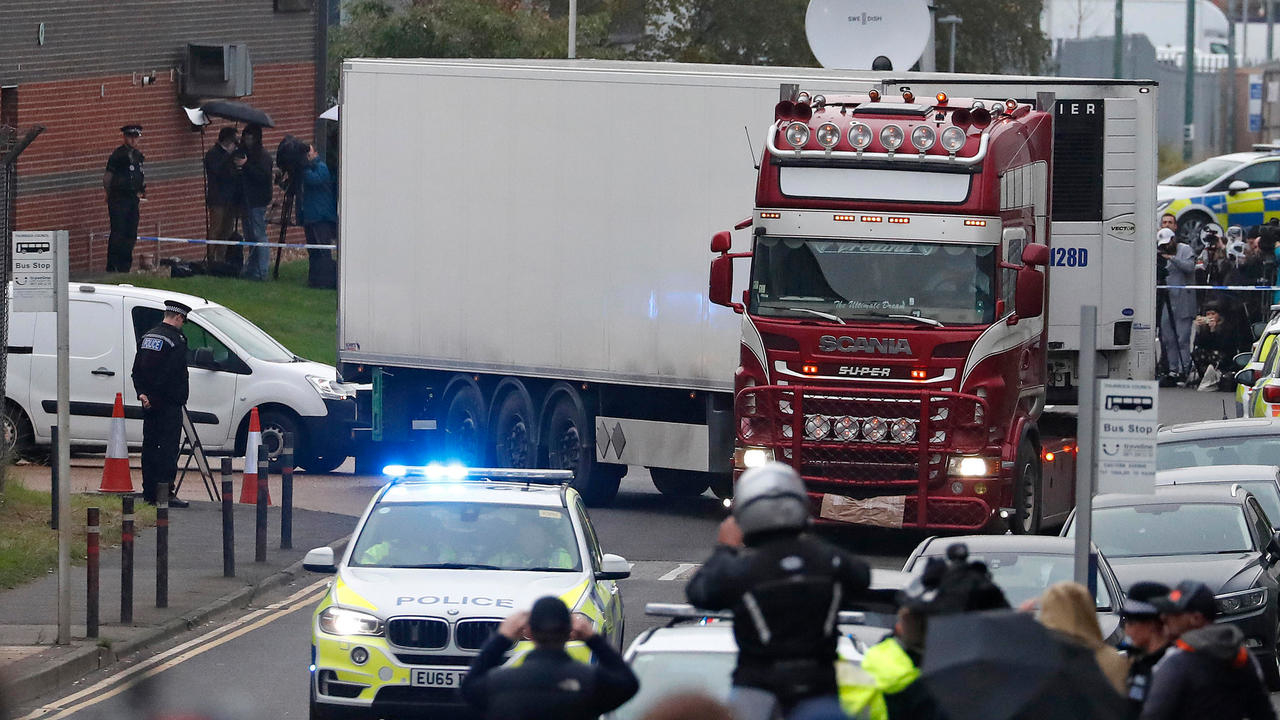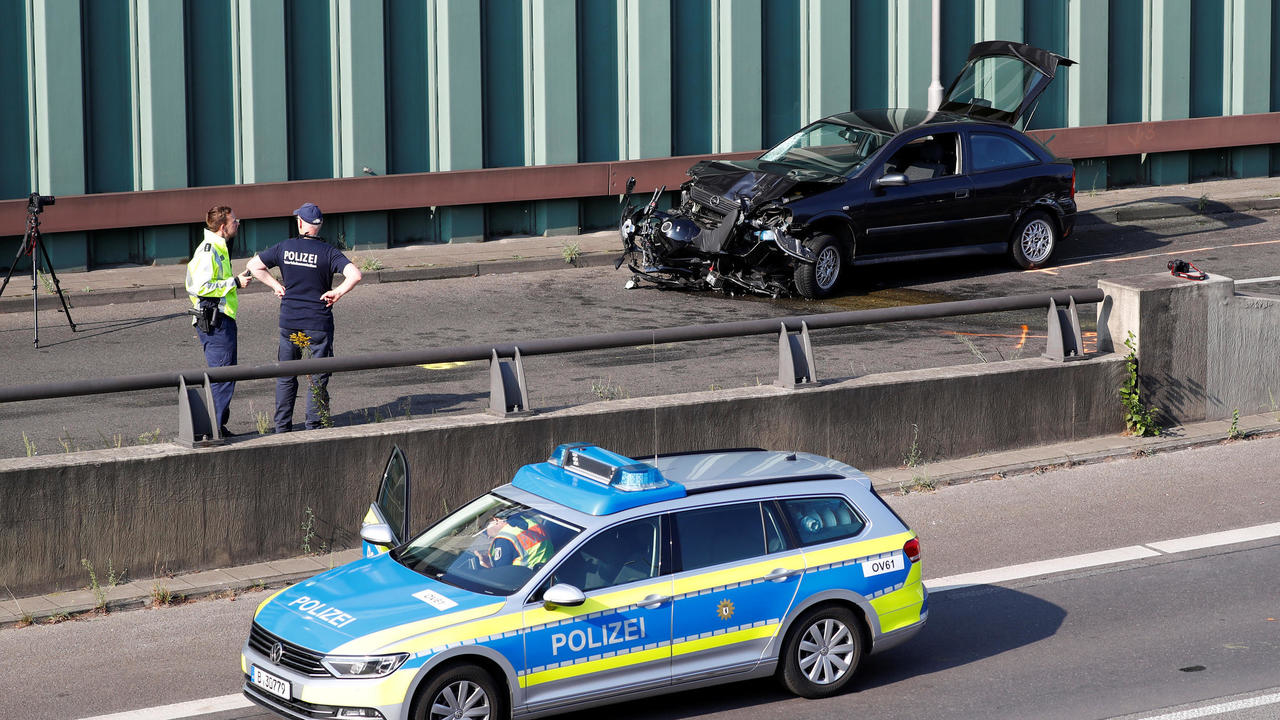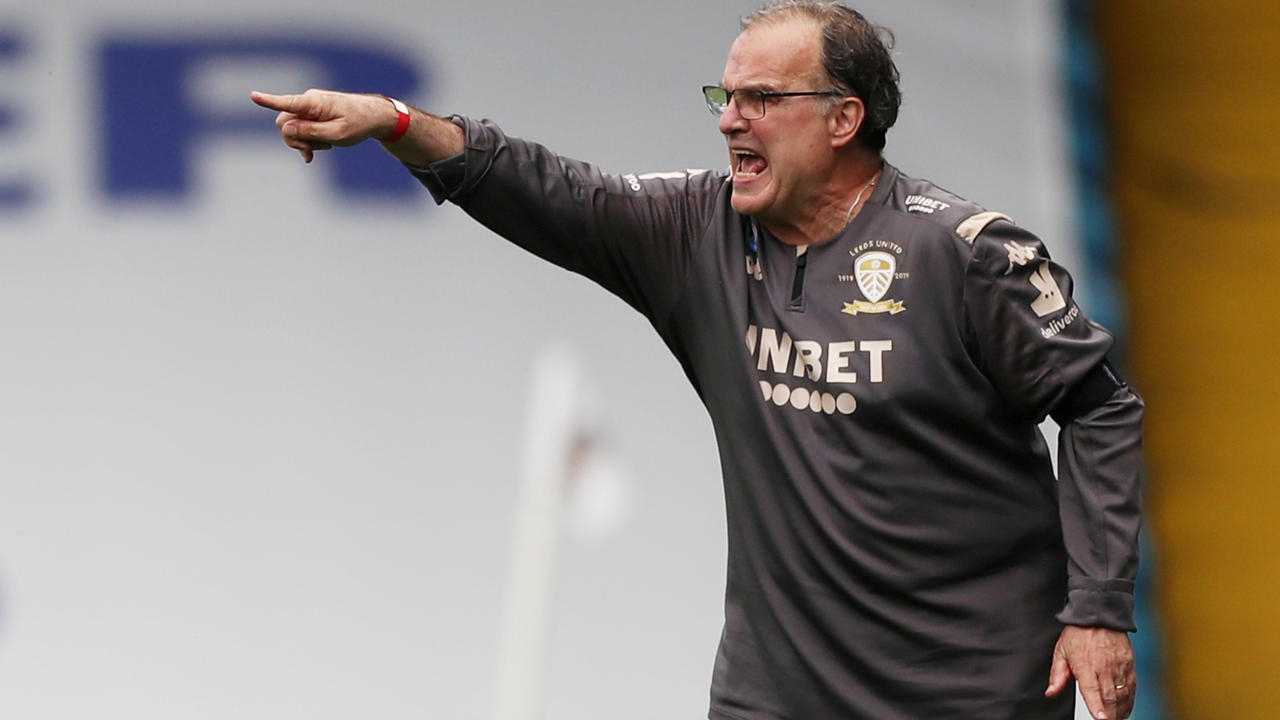Serbia votes: All you need to know about Europe’s first national election since COVID-19 lockdown
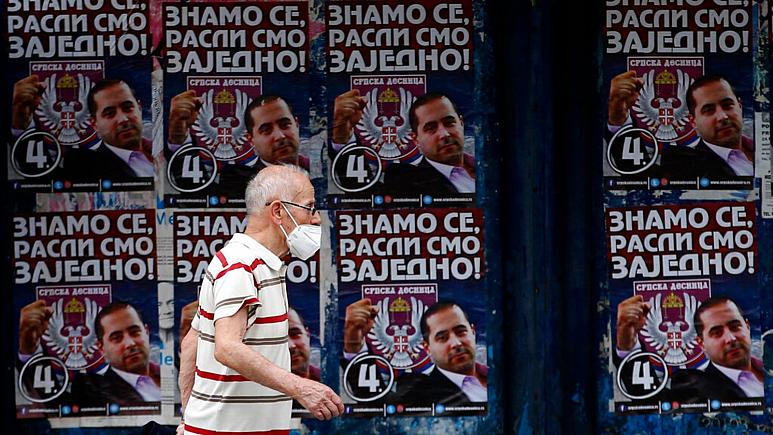
Coronavirus has cast a long shadow over Europe for the last three months, and its looming presence will continue to be felt on Sunday as Serbia holds Europe’s first national elections since the COVID-19 pandemic gripped the continent.
The election is not without controversy; it takes place amid what is seen as a premature easing of lockdown restrictions and a boycott by some opposition parties over corruption concerns.
[contfnewc]
[contfnewc]
[contfnewc]
Whats happening?
Serbians are electing a new parliament, as well as representatives in the provincial legislature in Vojvodina and local municipalities.
Whats the background?
Elections were originally scheduled for April 26 but were postponed after a state of the emergency was declared to deal with the coronavirus pandemic.
The ruling government — a nationalist coalition headed by the Serbian Progressive Party and Socialist Party of Serbia and their allies — decided to push ahead with the ballot, even after the first cases of COVID-19 in Serbia were detected at the beginning of March.
The seriousness of the health crisis, however, forced the coalition government to postpone the election, after its legitimacy had been called into question by the opposition and democracy watchdogs.
[contfnewc]
The largest block of parties in the fractious opposition — including the Serbian Radical Party, the Democratic Party, the Party of Freedom and Justice, The Doors (Dveri), the Peoples Party and the Let’s not drown Belgrade movement — have decided to boycott the election amid fears that the elections could be rigged.
What’s the current situation?
There is no clear delineation between the political left and right in Serbia. The ruling populist and right-wing Serbian Progressive Party are more open to migrants and refugees than some of the left-leaning parties in opposition, for instance.
Both ruling and opposition coalitions are gathered from nominally left and right-wing parties. Since the biggest opposition parties are boycotting the elections, new movements and parties have been created to fill the vacuum.
Electoral laws have been changed, lowering the threshold for entering parliament to 3 per cent of the vote, from 5 per cent previously. There will be 21 parties, movements and coalitions on the ballot, but only a few are expected to enter parliament.
Who’s who in the ruling parties?
Serbian president, Aleksandar Vučić is heading the list of the ruling Progressive Party. Also on the electoral list are also the Pensioners Party (PUPS), the Social-Democratic Party (SDP), the Serbian Renovation Movement (SPO) and others.
Their coalition partners, the Socialist Party of Serbia (SPS) is second on the ballot. They also have other parties represented among their candidates, including the right-wing United Serbia (JS) party.
The Alliance of Vojvodina Hungarians, a partner of the ruling coalition at the municipal and provincial level, is also participating in the elections, as is another minority party and government partner, the Party of Justice and Reconciliation.
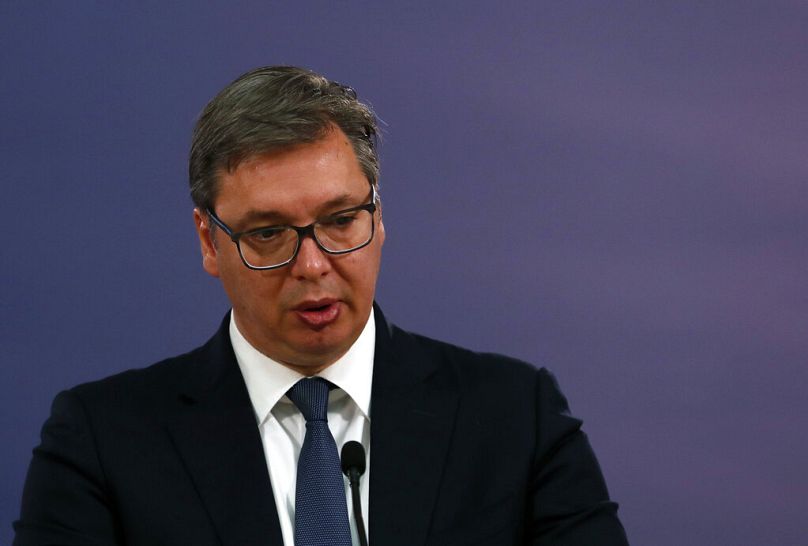
[contfnewc]
[contfnewc]
[contfnewc]
[contfnewc]
Who’s who in the opposition?
The Serbian Radical Party (SRS), whose leader Vojislav Seselj was convicted for war crimes in the Hague, will be third on the ballot. Seselj is the “political father” of President Vučić who started his political career in the Radial Party as secretary-general. In 2008. President Vučić broke ranks and formed Progressive Party with former Serbian president, Tomislav Nikolić.
Former water polo player, Aleksandar Šapić is making his debut in national politics as the leader of the Winning for Serbia list. He was involved in local politics in Belgrade.
The Party of Democratic Action is a Bosniak minority party which co-operates with the government from time to time. Whether is it in the government or not influences the partys policy on whether the Serbian region of Sandzak (mostly populated by Bosniaks) should be autonomous or not. Usually, when the party is in the government, the party does not advocate for home rule.
United Democratic Serbia, whose members are mostly from the Democratic Party and who left because they were unhappy with the decision about boycotting the election, is also participating in the elections. The party was formed just months before the election.
The Movement of Free Citizens is the largest opposition party to decide not to boycott the election. Despite the party declaring that it would be fighting for liberal values, a leaked video released a week ago showed its highest-ranking officials singing ultra-nationalist and fascist songs in a pub. Leader party and actor, Sergej Trifunovic said it was “funny video” mocking nationalists.
Whats expected to happen?
Polls are showing that there will be no big surprises and that the ruling coalition will return to power in Serbia. However, it will come at a cost, both to the handling of the health crisis and democracy.
“Despite there being practically no campaign, we know who will win the elections – the Progressive Party,” Dušan Spasojević, a political scientist at the University of Belgrade, told Euronews. “Everything else is highly unusual. We can only guess which of those parties that are participating in the election will also enter the Assembly,” concluded Spasojević.
In light of the opposition boycott, the Progressive Party is predicted to take over 50 per cent of the vote.
How will coronavirus impact the vote?
Professor Zoran Radovanović, an epidemiologist who was part of the Yugoslav team which fought a smallpox outbreak in 1972, believes that the government prematurely eased measures deliberately so that the elections could take place.
“In May, almost all measures were cancelled, because if you permit political activities, you have to allow also work of restaurants, clubs, freedom of movement and even football matches,” said Radovanović.
Serbia is the only country in Europe so far to allow fans to return to watch football matches. More than 15,000 people watched Partizan play Red Star two weeks ago without masks or social distancing in place.
“There is no drop in the numbers of cases. After the elections, we could expect another surge in numbers. Today, the number is roughly 100 newly-discovered cases per day,” he said. State emergency and curfew in Serbia, which were introduced in March, were justified with the fact that 100 cases were discovered daily.
“We already have new hotspots, like in the city of Novi Pazar and elsewhere, but until the election, there has been no talk about it. The health situation is already worse then it used to be”.
While he admits they are necessary, Radovanović doesn’t think strict measures will be reintroduced.
“Simply that country cannot take it, economically speaking. There are already severe problems with the economy, so lockdown or similar measures would finish the economy. From my professional point of view, festivals and similar activities should not be taking place, but you see, nothing is cancelled”, he concluded.
What are the key voter issues?
“For ordinary citizens, the biggest issue is as always, the economy. However, the political elite is trying to ‘push’ the big topics, like Kosovo’s independence. This is leaving citizens confused and easy to manipulate,” said Spasojevic.
“After the elections, we can expect the further degradation of the institutions, which has become the trademark for the rule of the Progressive Party. It will continue until citizens of Serbia decide to react.”
There are over half a million unemployed people in Serbia but the incumbent government claims that the number is the lowest it has been in decades. In recent years, the method for measuring the unemployment rate has changed twice, leading to conflicting statistics.
Dejan Bursac, from the Belgrade-based Institute for Political Studies, said: “I think that opposition, the one that is going to elections and the one that is boycotting, is mistaking for not addressing economic problems.
The recognition of Serbia’s neighbour, Kosovo is subject to a heated debate. Spasojevic added that there is a possibility that after the elections, the Constitution of Serbia could be changed to remove references to Kosovo as being part of Serbia. The move would be seen as a stepping stone in negotiations with the Kosovan government when representatives meet at the White House on June 27.
Bursac believes that should the Progressive Party win a majority of votes as expected, Serbians are giving it legitimacy to tighten its grip on the country.
“Election irregularities have been going on for so many elections that we have ‘normalised’ them. We have got to use to them,” said Bursac. He agrees with Spasojević that the economy worries the most voters in Serbia and besides the ruling party, the opposition parties are not addressing those issues properly.

